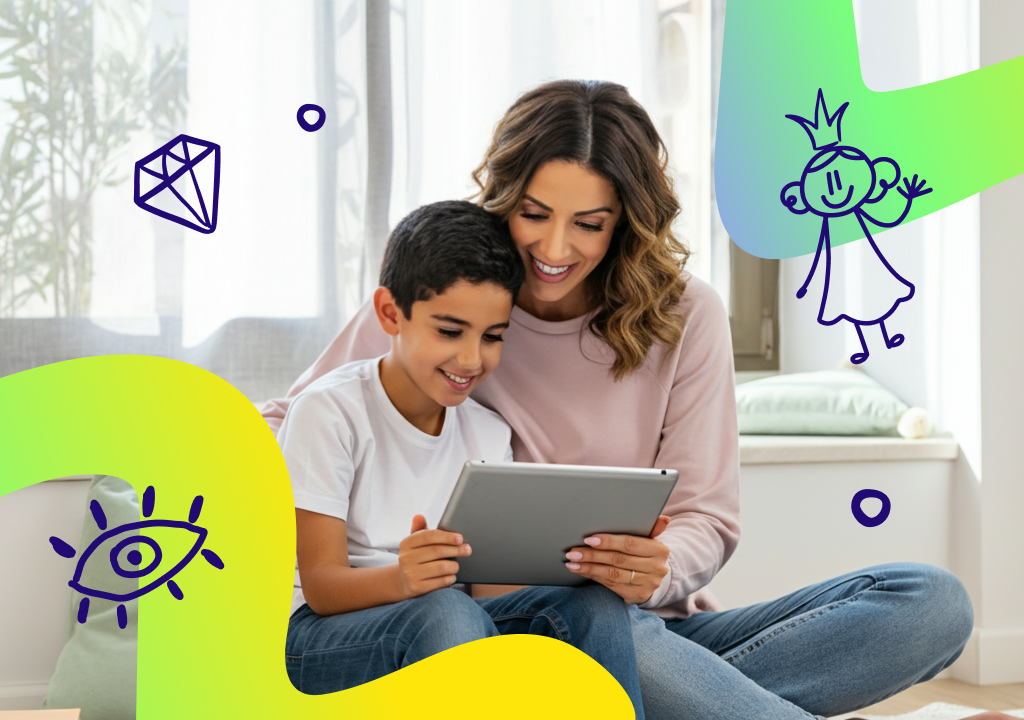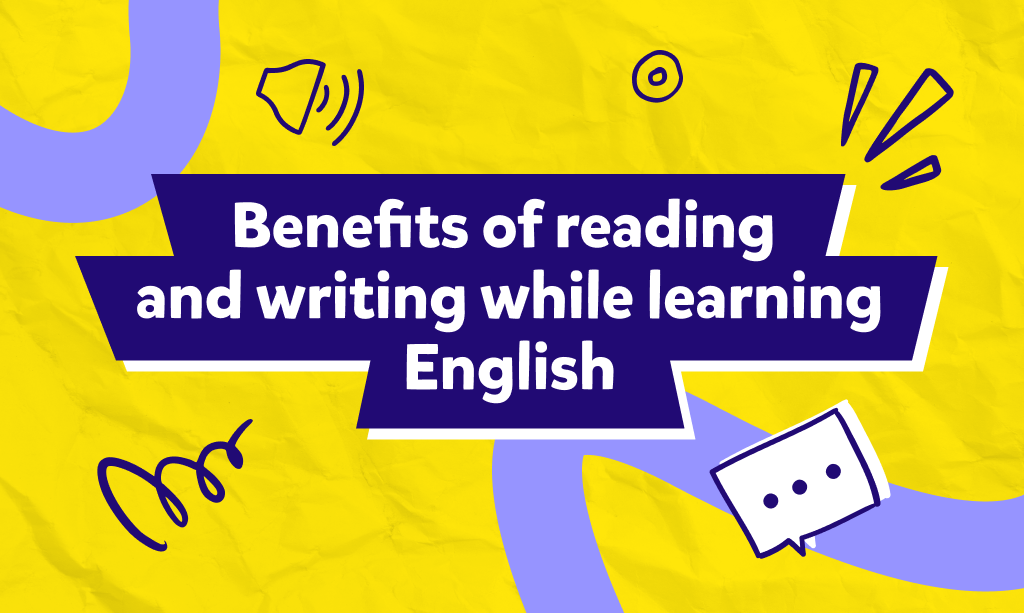- The Accessibility of Free English Learning Resources
- The Role of Media in Learning English for Free
- Challenges of Learning English for Free
Learn English for free with the best resources, tips, and strategies for students and parents to master the language without spending a dime.
In today’s interconnected world, knowing English is practically a necessity. As the global language of business, technology, travel, and even pop culture, English opens doors to countless opportunities. Expanding career prospects to connecting with people from different countries, really makes English a life-changing skill. For students, it means better educational opportunities, and for parents, it offers a brighter future for their children.
But while the benefits are clear, one question often arises: Can you actually learn English for free? With language schools, private tutors, and advanced courses can sometimes carry a hefty price tag, it’s easy to assume that quality English education must come at a cost. However, in today’s digital age, resources are more accessible than ever before!
This article explores the possibilities of learning English for free. We’ll talk about the pros and cons of free resources, share tips for maximizing your experience, and highlight the best platforms for English skills without breaking the bank.
The Accessibility of Free English Learning Resources
Online platforms and educational apps have transformed the way people learn. Websites like Duolingo, BBC Learning English, and Memrise offer interactive lessons that make language learning fun and engaging. Mobile apps allow students to practice on the go, fitting learning into even the busiest schedules.
Additionally, YouTube is full of free educational channels that provide lessons on grammar, vocabulary, pronunciation, and even conversational practice. Channels like English with Lucy deliver high-quality content suitable for all levels.
Beyond the digital world, free resources can also be found in local communities. Public libraries often provide free access to English learning books, audiobooks, and even language programs. Some libraries also host conversation groups, giving learners the chance to practice speaking in a supportive environment. Local community centers may offer free or low-cost English classes, providing a space for students to learn and connect with others.
With so many free resources available, learning English is more accessible than ever. Now, let’s discuss each one a little bit further.
Online Platforms for Free English Learning
Language Learning Apps
Duolingo: One of the most popular language learning apps, Duolingo offers bite-sized lessons that are fun and interactive. It covers all language skills—reading, writing, listening, and speaking—while using a gamified approach.
Memrise: This app uses spaced repetition and real-life videos to help learners improve vocabulary and pronunciation. Memrise’s courses are created by both language experts and the community, ensuring a variety of experiences.
HelloTalk: A language exchange app that connects users with native speakers around the world, allowing learners to practice speaking and writing in real conversations.
NovaKid: Novakid offers personalized online English lessons for children aged 4-12, focusing on interactive learning with native-speaking teachers. You can book a session and take level-appropriate ESL sessions with a certified teacher and native speaker.
Websites Offering Free Lessons and Materials
BBC Learning English: A well-structured platform offering free videos, audio, and articles designed to help learners improve their English skills. It includes grammar explanations, vocabulary builders, and pronunciation guides.
Cambridge English: This website provides free practice materials, including worksheets, games, and grammar exercises. It’s especially useful for students preparing for Cambridge English exams.
ESL Bits: Offers free audiobooks and podcasts at different speed settings, helping students practice listening comprehension while improving vocabulary.
YouTube Channels Dedicated to Teaching English
English with Lucy: Known for its clear explanations and high-quality videos, this channel covers grammar, vocabulary, pronunciation, and tips for speaking more fluently.
BBC Learning English YouTube: The YouTube extension of their main site, featuring engaging videos on grammar tips, vocabulary building, and news-based lessons.
Rachel’s English: Perfect for pronunciation practice, this channel focuses on American English pronunciation with detailed breakdowns of sounds, words, and phrases.
Free Courses Offered by Educational Platforms
Coursera: Offers free English courses created by top universities. While certificates are paid, the course content is accessible for free in audit mode. Courses cover general English, business English, and exam preparation.
edX: Similar to Coursera, edX provides free English courses from renowned universities. Learners can audit the courses for free or opt for a paid certificate. The courses range from beginner to advanced levels, including specialized English for academic purposes.
FutureLearn: This platform offers short, interactive courses for free. It covers a variety of English topics, including grammar, vocabulary, and conversation skills.

The Role of Media in Learning English for Free
Free resources aren’t the only way to learn English without spending money—media and pop culture are everyday tools that can help too. Media offers an experience that helps students practice listening, reading, and even speaking skills. By engaging with English-language content, learners can improve their vocabulary, pronunciation, and understanding of cultural contexts—all while being entertained. Here are some effective ways to use media for free English learning:
Watching English-Language Movies, TV Shows, and Videos
Watching movies and TV shows in English is a fun and effective way to learn conversational language and slang. Platforms like YouTube, Tubi, and even Netflix provide access to countless shows and movies in English.
Using subtitles is a great way to improve both listening and reading skills. Beginners can start with subtitles in their native language, and then switch to English subtitles as they become more comfortable.
Short videos on YouTube or TikTok are also helpful for practicing listening skills and picking up casual language used in everyday conversations.
Listening to English Podcasts and Music
Podcasts are an excellent way to improve listening skills and learn new vocabulary. Many educational podcasts, like The English We Speak by BBC Learning English, focus on teaching idioms, slang, and common phrases.
For advanced learners, listening to popular podcasts on topics of personal interest (e.g., news, true crime, or storytelling) can help expand vocabulary and improve comprehension.
Music is another powerful tool for language learning. Listening to English songs and reading the lyrics enhances pronunciation and understanding of informal language. Apps like Spotify and YouTube Music make it easy to find English music for free.
Reading Books, Blogs, and News Articles in English
Reading is a great way to build vocabulary and understand sentence structure. Websites like Project Gutenberg offer thousands of free classic books in English.
Online news platforms, such as BBC News, CNN, and The Guardian, provide up-to-date articles on global events, helping students learn more formal writing styles and advanced vocabulary.
Blogs and online magazines on topics of interest (e.g., travel, technology, or lifestyle) are also useful for learning casual, everyday language.
Challenges of Learning English for Free
While learning English for free is possible, it comes with its own set of challenges:
Lack of Structure or Formal Instruction: Free resources often lack a structured curriculum, which can make it difficult for learners to know what to study next or how to track their progress.
Limited Speaking Practice or Feedback: Many free tools focus on reading, listening, and writing, but offer fewer opportunities for speaking practice and real-time feedback from a teacher or native speaker.
Motivation and Consistency Issues: Without a formal class or teacher, staying motivated and maintaining a consistent study schedule can be challenging. Self-discipline is crucial to keep moving forward.
Can You Become Fluent in English for Free?
So, the question remains, can you learn English for free? Achieving fluency in English using only free resources is definitely possible, but it takes dedication and a smart plan! It may take longer without a teacher, but progress is possible with persistence. To get the best results, it’s helpful to use different resources and do your best to continue talking with native speakers through language exchanges. In conclusion, with the right attitude, a mix of free tools, and a commitment to practice, anyone can become fluent in English!






































